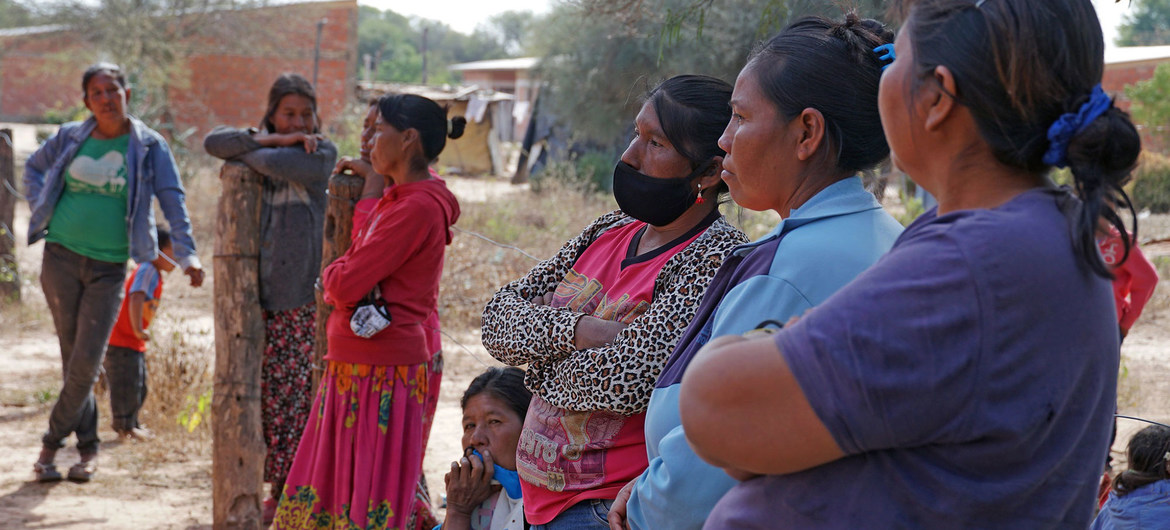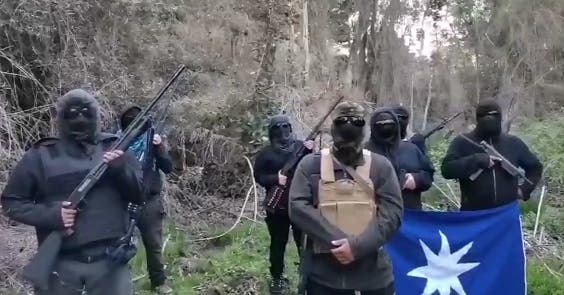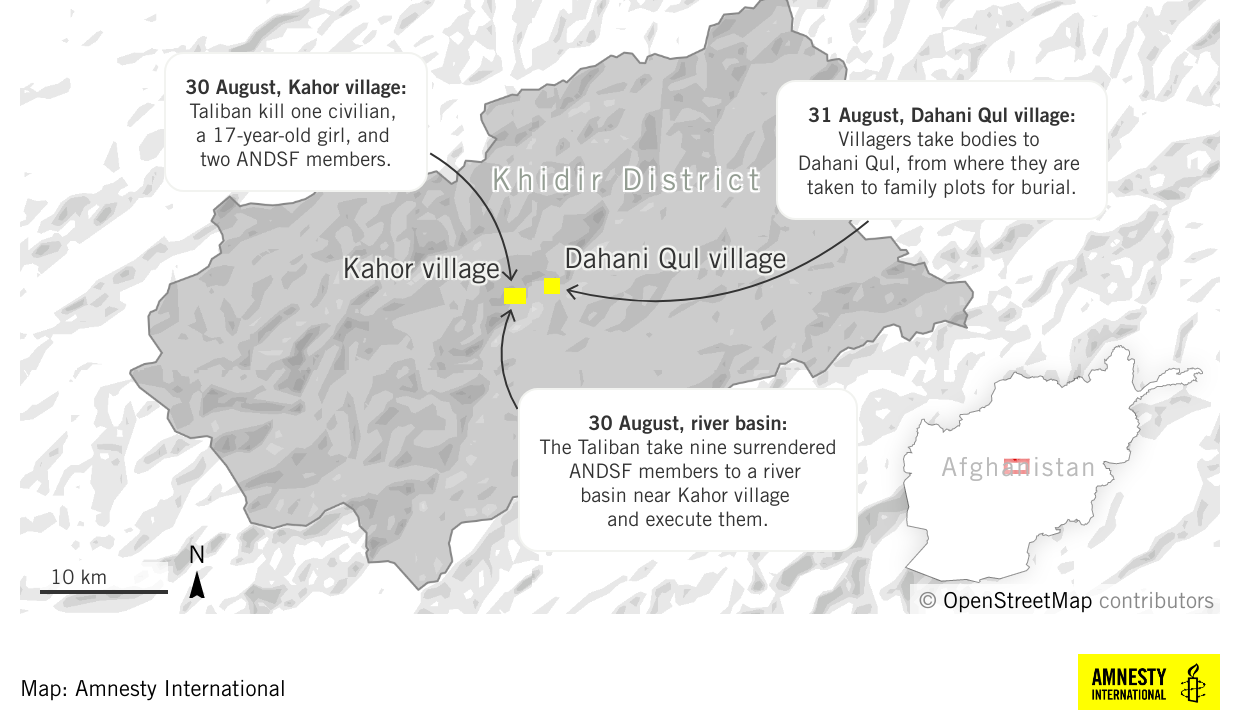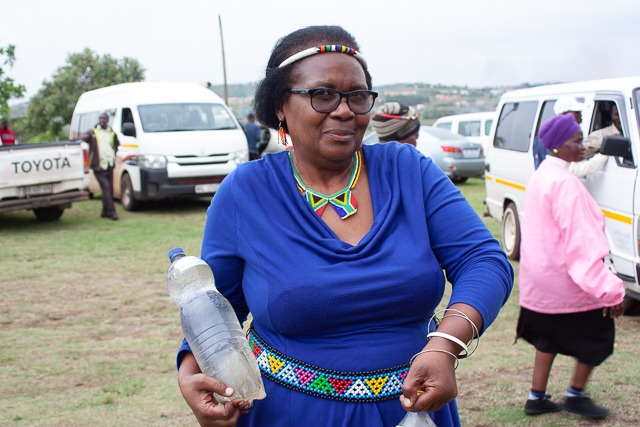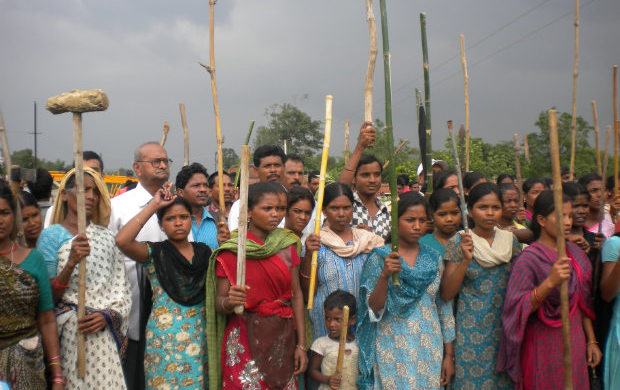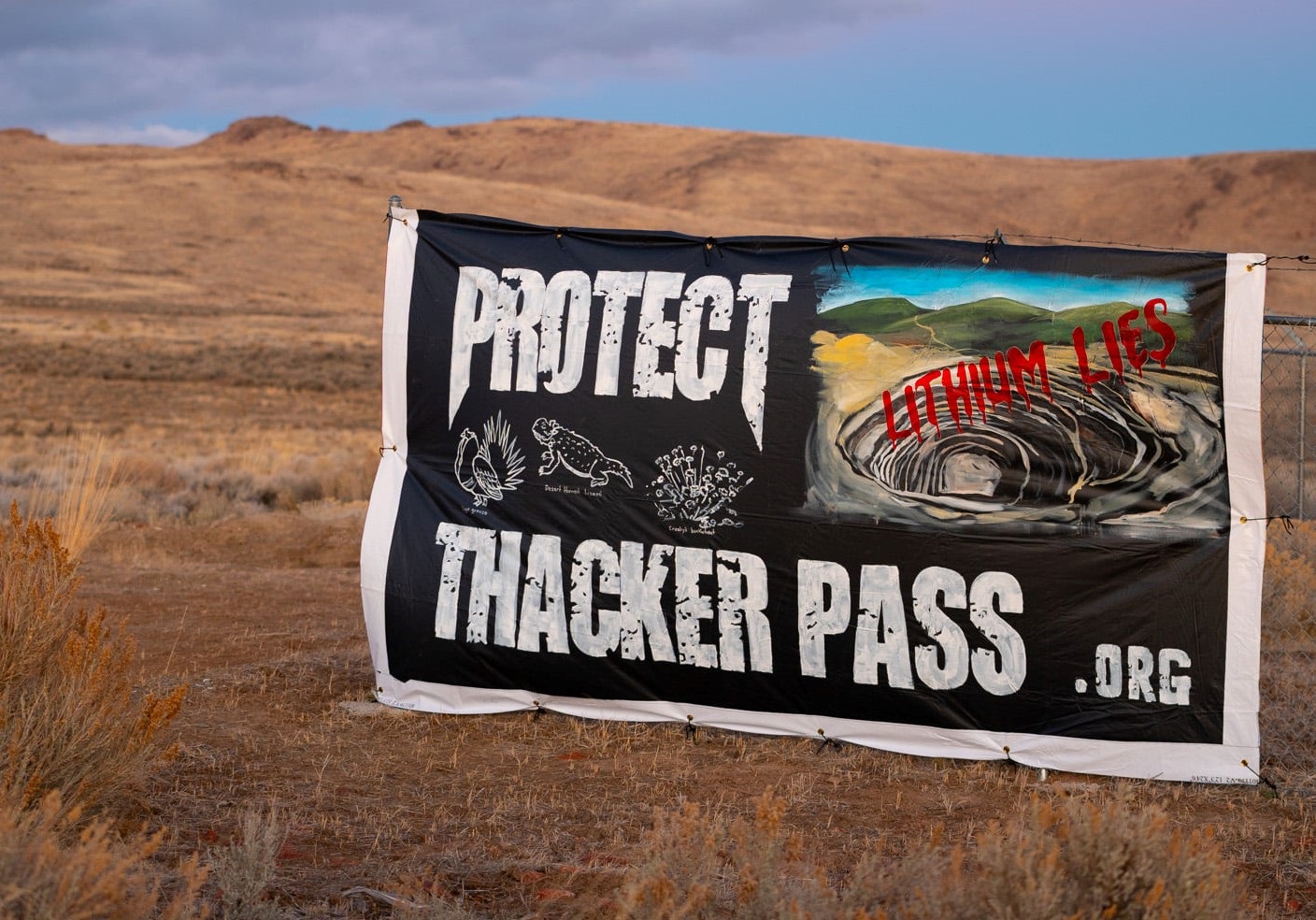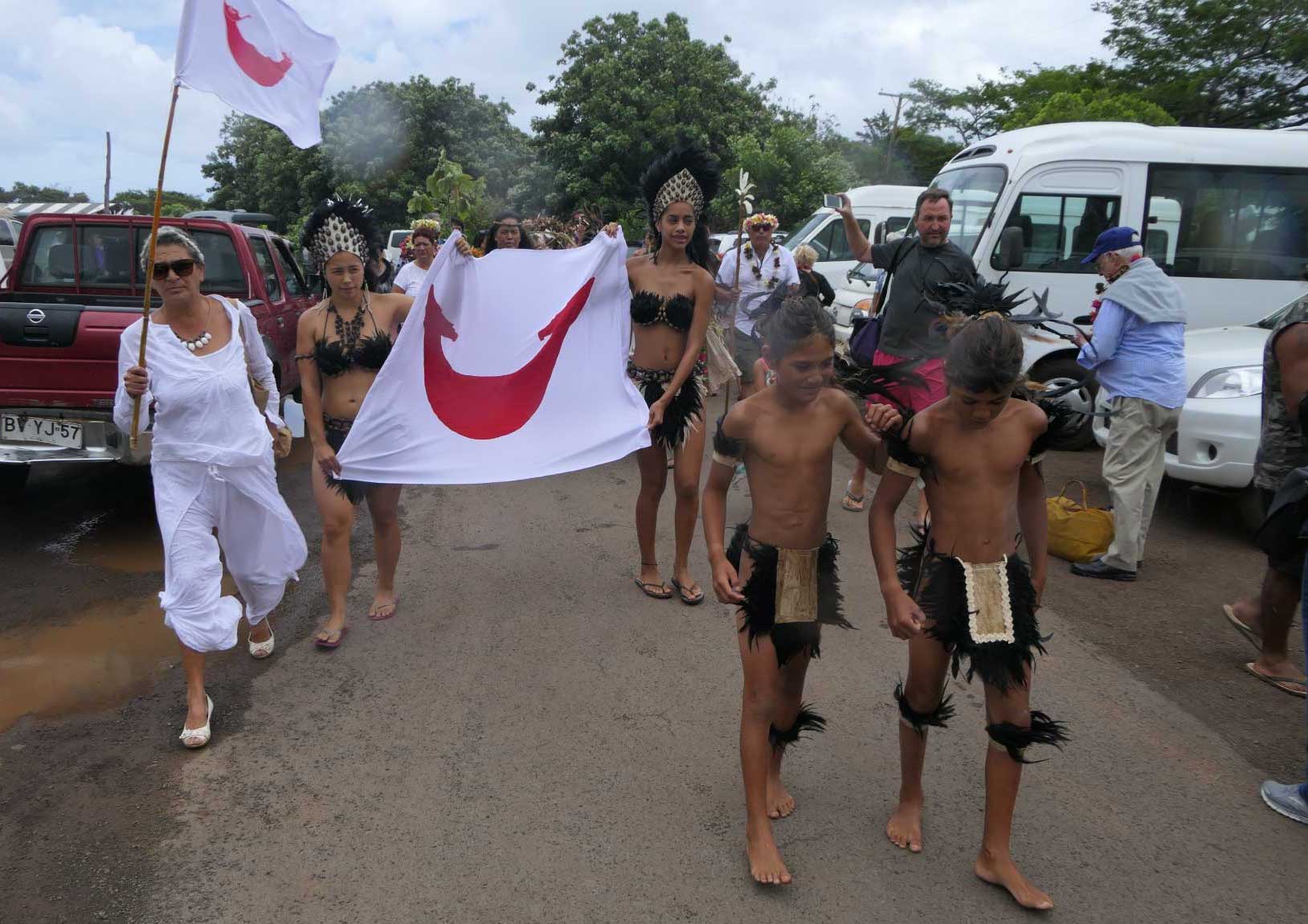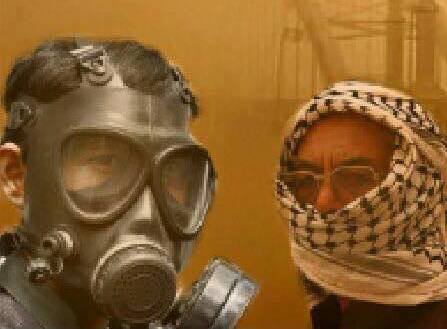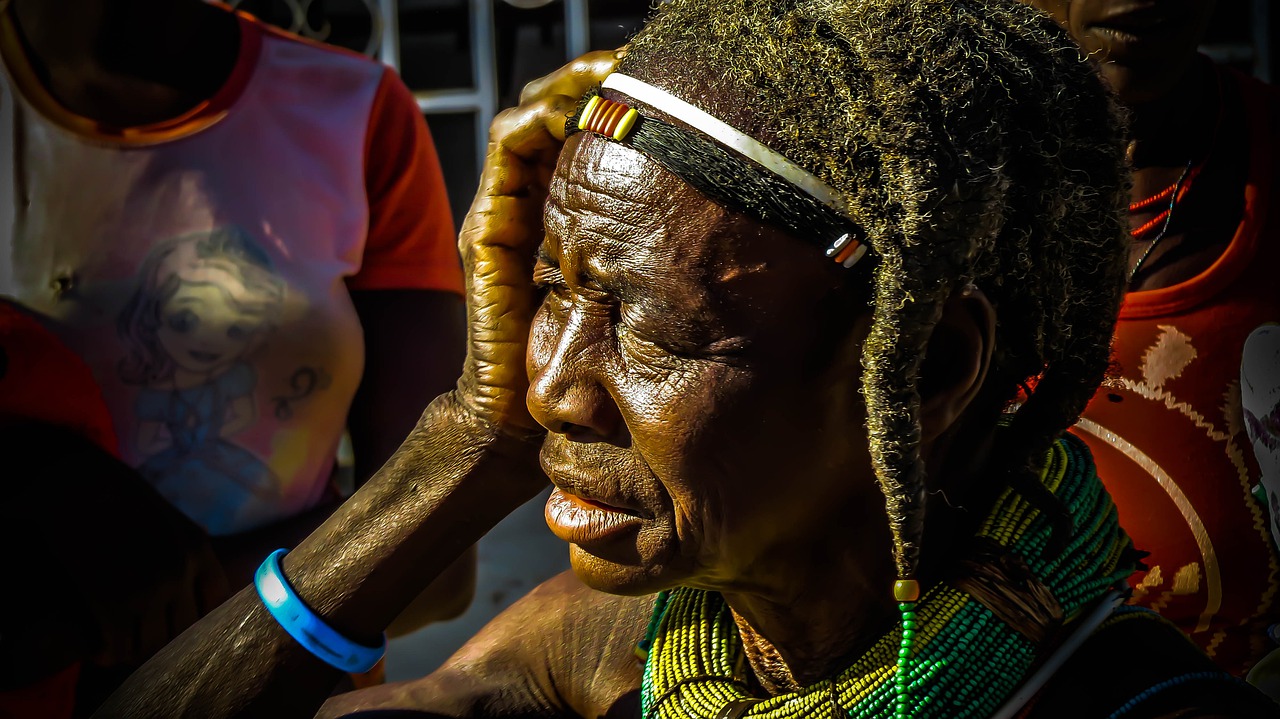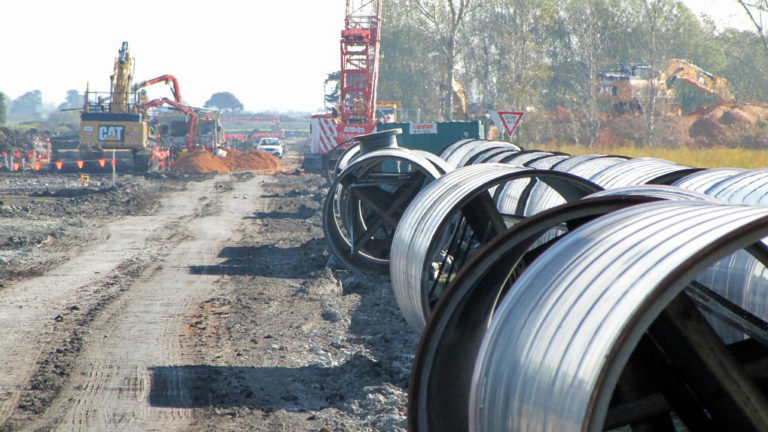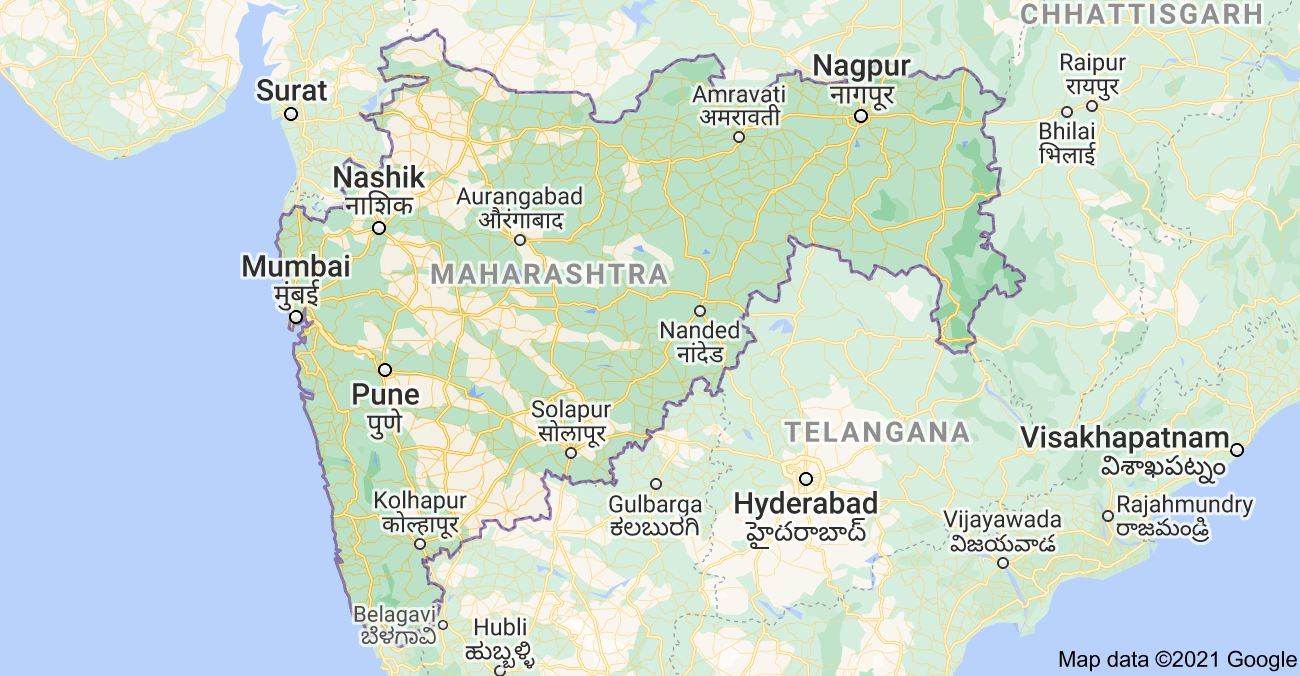
India: anti-mine protesters face repression
Police in Gadchiroli district of India’s Maharashtra state broke up a thiya andolan (sit-in) by local peasants and adivasis (tribal people) at the site of the contested Surjagarh iron-ore mining project, and arrested six of the organizers. Gadchiroli is within central India’s “Red Corridor” of Naxalite guerilla activity, and local authorities accuse the rebels of stirring up the protests. Following a demonstration at the mine site earlier in the week, two attendees were arrested by a local police “special operations team” as they departed, on charges of being Naxals. The mine at Surjagarh, in Etapalli taluka (subdistrict), is under lease by Lloyds Metals & Energy Ltd (LMEL). Since it began operations in June, it has faced repeated protests from local residents over its ecological impacts and usurpation of traditional lands. (Map: Google)



